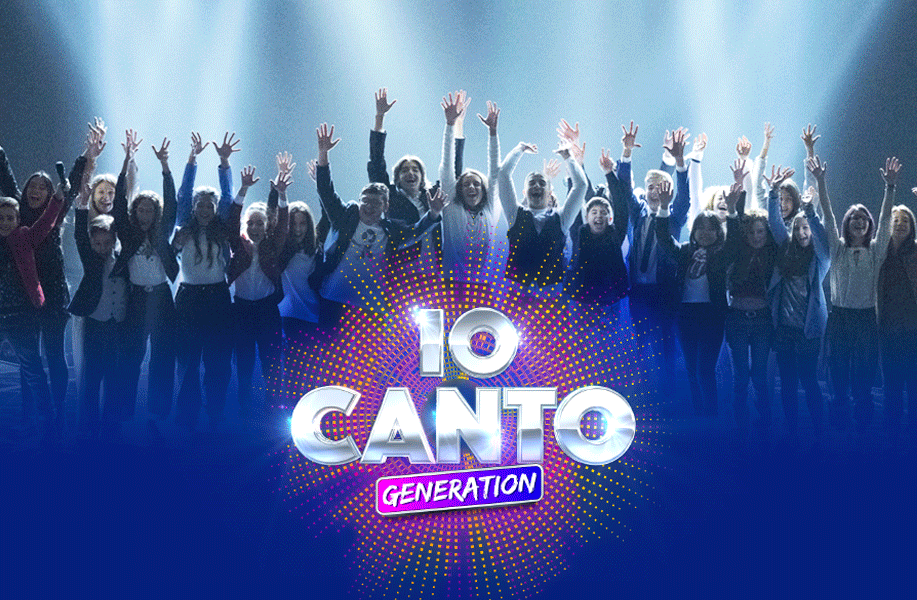Pupi Avati's Dante, the tale of Dante Alighieri, poet among the greatest and certainly best known in the world, will make its TV premiere on Monday, May 22 at 9:15 p.m. on Sky Cinema Uno (at 9:45 p.m. on Sky Cinema Drama), streaming on NOW and available on demand on Sky Go.
The feature film is inspired by the mission entrusted to Giovanni Boccaccio to bring Dante's daughter a bag of money to compensate her for the evil things the Florentines had done to her father years earlier. The movie stars Sergio Castellitto as Boccaccio, with Alessandro Sperduti, Enrico Lo Verso and Alessandro Haber rounding up the cast.
In September 1350, Giovanni Boccaccio was instructed to bring ten gold florins as symbolic compensation to Sister Beatrice, Dante Alighieri's daughter, a nun in Ravenna at the monastery of Santo Stefano degli Ulivi.
Dante died in exile in 1321 while his fame, thanks to the publication of The Divine Comedy, spread everywhere. His last two decades of his life were terrible, constantly on the run and seeking hospitality at various courts, with a sentence of burning and beheading inflicted on both him and his male children who also fled Florence. Meanwhile, in the Tuscan capital, the balance of power had shifted profoundly, and the city sought a reconciliation, albeit posthumously, with such a valuable fellow citizen.
The ten florins were a symbolic compensation for the confiscation of property and the sentence decreed almost half a century earlier by the Florentine commune. Against that part of the ecclesiastical world that considers the Commedia to be a diabolical work, Giovanni Boccaccio accepted this assignment in the belief that he would be able to carry out an investigation of Dante that would allow him to narrate his human story and the injustices he suffered. On his long journey Boccaccio, in addition to his daughter, will meet those who, in the last years of his exile in Ravenna, welcomed the poet and those who, on the contrary, rejected him.
Retracing from Florence to Ravenna a part of what was Dante's journey, stopping in the same convents, the same villages, the spread of the same libraries, the questions he asks and the answers he obtains, Boccaccio reconstructs Dante's human story to the point where he can tell us his whole story.












